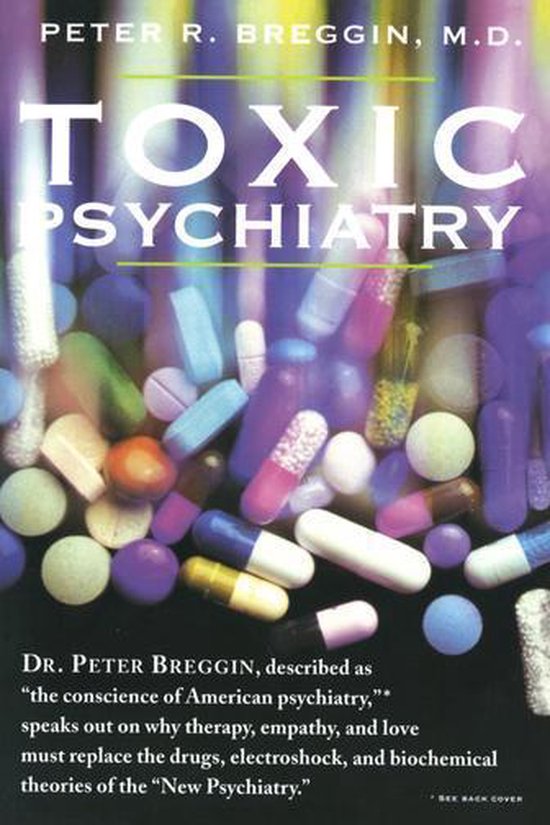


There is an increased risk of mortality (1.6 to 1.7 times) in elderly patients with dementia-related psychosis. Since many drugs (barbiturates, benzodiazepines, and opioids) can cause depression in CNS, concurrent use of haloperidol should be avoided or used with great caution. If an oral overdose is identified early, vomiting and gastric lavage can be tried to eliminate the drug from the stomach.Haloperidol is contraindicated if there is documented hypersensitivity to this drug, patients with Parkinson disease, dementia with Lewy body, comatose patients, in any condition with a severely depressed central nervous system (CNS). The main aim of treatment is to stabilize vital functions in the patient.

Epileptic seizure is another side effect of overdose and can be treated with slow IV injection of diazepam (5 mg to 10 mg), which can be repeated if necessary, until the patient is stabilized.In rare cases, serious ventricular arrhythmias may occur, irrespective of whether a prolonged QT-time is seen or not.In more severe cases, coma may occur in combination with respiratory depression and severe hypotension.A severe fall in blood pressure or shock.To correct these symptoms, slow physostigmine can be administered, although this drug needs to be used cautiously as it can cause seizures. Anticholinergic side effects include dry mouth, constipation, difficulty urinating, and paralytic ileus, which refers to slowing of the peristaltic movement in the gut.This treatment can be repeated every 4 to 6 hours, if necessary. If the extrapyramidal side effects are causing the patient distress, oral lorazepam (0.5 mg to 1 mg) can be administered to relieve anxiety and upset as well as the extrapyramidal side effects. Oral or intramuscular biperiden may also need to be continued for several days or weeks. These symptoms can be treated using a slow intravenous (IV) injection of 5 mg biperiden injection, which can be repeated after a few hours if needed. The most prominent feature of haloperidol overdose is severe extrapyramidal reactions such as tremor, rigidity and an intense feeling of physical restlessness, referred to as akathisia.

The symptoms seen in haloperidol overdose are generally exaggerations of the known drug effects and adverse reactions, which would include the following: Overdose does not occur with depot injection, as this is administered by a healthcare professional who is trained to give the injection. Studies suggest that for haloperidol, the dose required for acute poisoning is relatively high compared to therapeutic doses. Ananya Mandal, MD Reviewed by Sally Robertson, B.Sc.


 0 kommentar(er)
0 kommentar(er)
